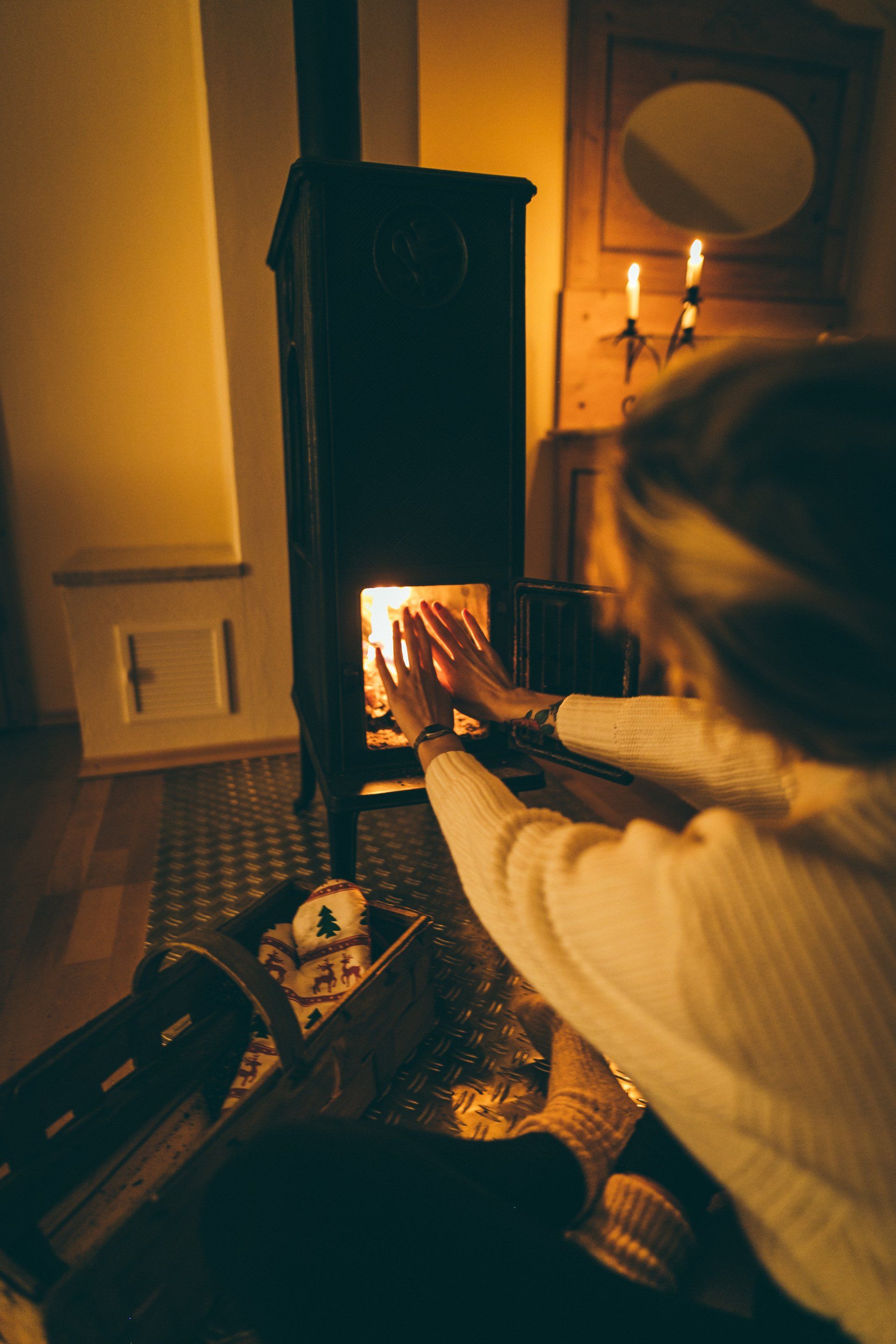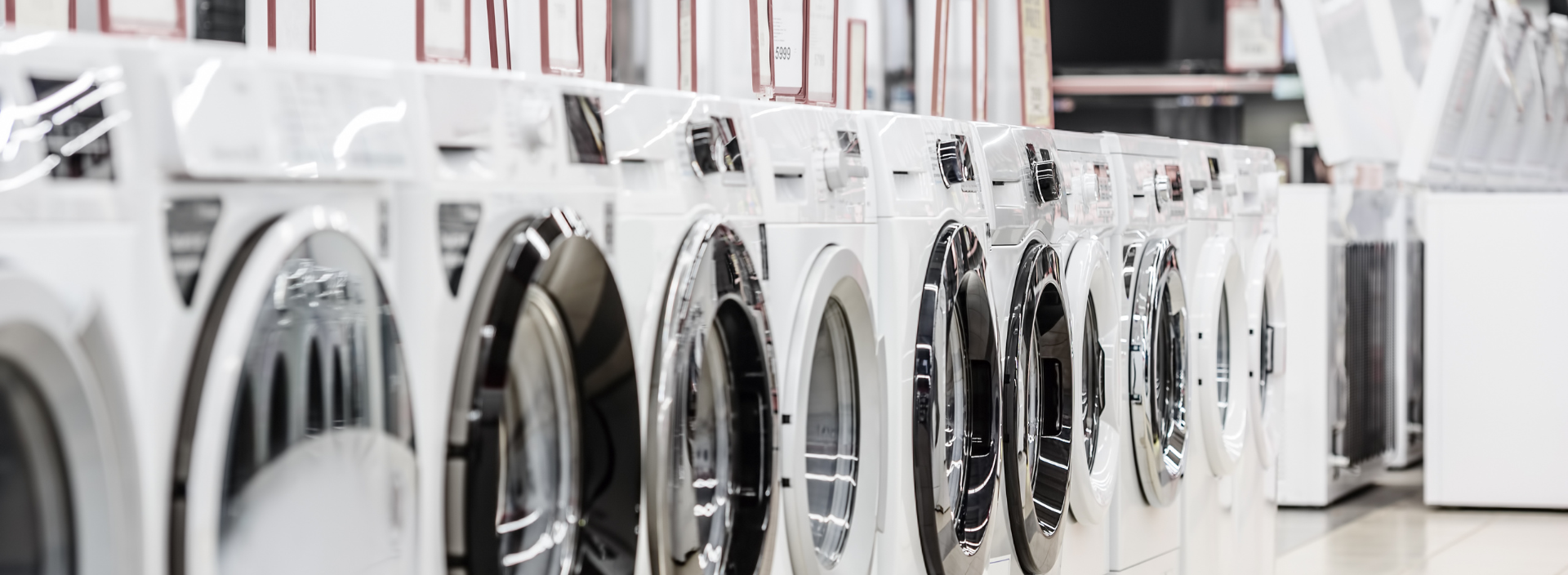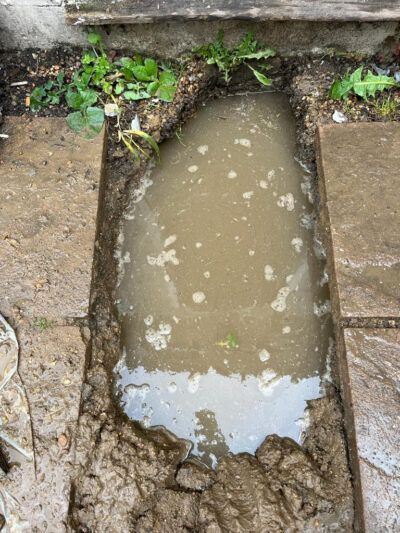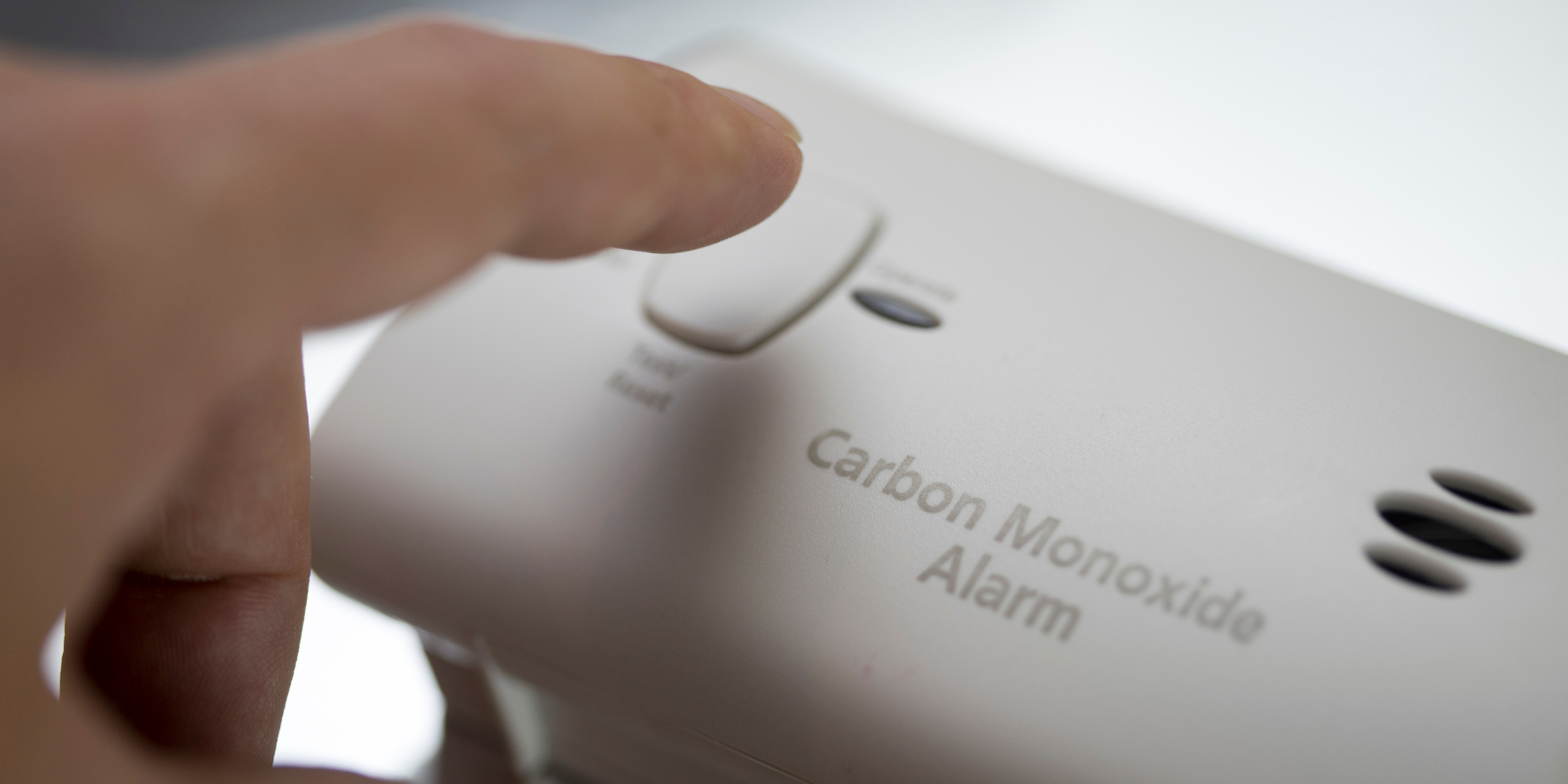Our 15 Top Tips To Stay Warmer & Reduce Your Gas Bills This Winter.
Stay Warm & Save Money On Your Gas Bills This Winter...

With the energy cap set to rise again in the New Year, it seems that there is going to be little respite for household energy bills anytime soon. We have done some research and spoken to some of our advertisers and put together a ‘top-tips’ that will help you save money on your gas central heating this winter.
1. Install a Programmable Thermostat:
- A programmable thermostat allows you to set different temperature levels for different times of the day. You can lower the temperature when you're not at home or when you're asleep, which can significantly reduce your heating costs. If you’ve recently had a new boiler and heating system fitted, make sure you ask the engineer to show you how the settings work – also ask them to ensure that the boiler is set no more than 70 degrees (60 degrees would be ideal).
2. Seal Leaks and Insulate:
- We’ve all heard of ‘Insulate Britain’! Ensure that your home is well-insulated to prevent heat loss. Check for gaps around windows, doors, and any other openings. Seal these gaps with weatherstripping or caulk.
- Insulate your attic and walls to keep the heat from escaping. Proper insulation can make a significant difference in reducing your heating costs.
3. Regular Maintenance:
- Have your central heating system serviced annually. A well-maintained system is more efficient and less likely to break down, saving you money in the long run. Look at boiler maintenance plans which help you spread the cost over the year.
4. Upgrade to a High-Efficiency Boiler:
- If your heating system is old and inefficient, consider upgrading to a modern, high-efficiency boiler or furnace. These systems can be significantly more energy-efficient and cost-effective. In our personal experience, replacing an old boiler was the single largest saving we made. Of course you must offset the initial outlay over the next 3-4 years.
5. Use Zone Heating:
- Only heat the rooms you're using. You can do this by closing doors and vents in unused rooms or by using space heaters in specific areas when needed.
6. Set the Thermostat to a Lower Temperature:
- Lowering your thermostat by just a few degrees can lead to noticeable energy savings. Wear warmer clothing and use blankets to stay comfortable.
7. Maintain a Consistent Temperature:
- Avoid frequent adjustments to your thermostat. It's more efficient to maintain a consistent temperature rather than constantly changing it. There is a debate on-going as to whether to leave the heating on at a lower temperature constantly or to turn it off when nobody is in the house. This largely comes down to a) preference, b) the level of insulation in your home. A well insulated house will retain heat for longer and require much less heating once the heating is switched back on.
8. Use Curtains or Blinds:
- Open curtains or blinds during sunny days to allow natural heat to enter your home. Close them at night to prevent heat from escaping. Draft excluders around older door frames are also very effective.
9. Install Radiator Reflectors:
- Radiator reflectors can help direct heat back into the room, preventing it from being absorbed by the walls.
10. Bleed Radiators:
- If you have radiators, bleeding them regularly ensures that they heat efficiently. Air trapped inside can reduce their effectiveness.
11. Consider Solar Heating:
- If feasible, you can explore solar water heating systems or solar panels to supplement your central heating system. This can reduce your reliance on gas for heating.
12. Monitor Your Usage:
- Keep an eye on your gas usage and bills. Being aware of your consumption can help you identify areas where you can further reduce energy usage. A Smart meter may drive you mad, however, you will soon see what’s driving your higher usage and learn new ways to control it.
13. Switch to a Lower-Cost Energy Provider:
- Research and compare gas suppliers to find the best rates and deals available in your area. Switching to a more cost-effective provider can lead to savings. As we speak, deals are coming back to the market. However, it’s worth looking at respected sources of financial information to see what deals represent the best value. This link may help:
14. Government Grants and Incentives:
- Check if there are any government grants or incentives available for improving your home's energy efficiency. These can help offset the cost of upgrades. Both national and local government run a number of help and incentive schemes. You can find out more here:
https://www.gov.uk/government/collections/find-energy-grants-for-you-home-help-to-heat
15. Educate Yourself and Your Family:
- Ensure that everyone in your household understands the importance of energy conservation and practices energy-saving habits.
By implementing these tips, you can reduce your gas central heating costs and make your home more energy-efficient, ultimately saving money while maintaining comfort.
Finding a quality heating engineer can be a challenge. Thankfully we’ve done all of the hard work for you and we can recommend the following businesses, who have all passed our 18 point verification process and who have an excellent reputation:
https://keepmecard.co.uk/plumbers
Finally, consider moving house! It may sound extreme however, we have some of the oldest housing stock in the developed world. I myself live in a Victorian era detached house that has 9 inch solid brick walls, open fire places and stairs. I am often envious of people at this time of year who live in lovely insulated and toasty warm new houses!
Stay warm this winter!






